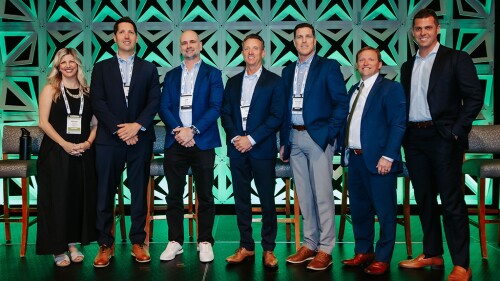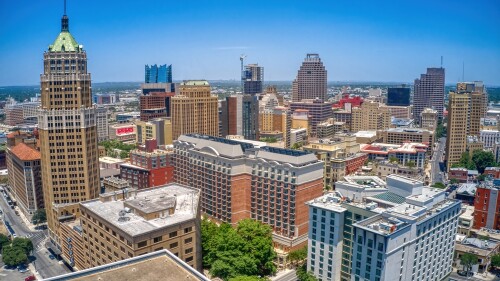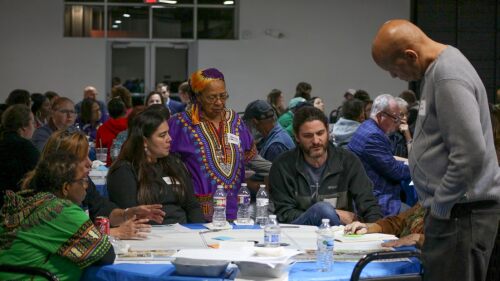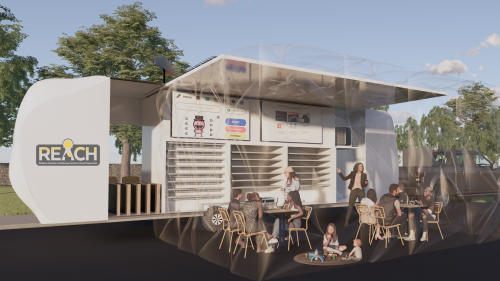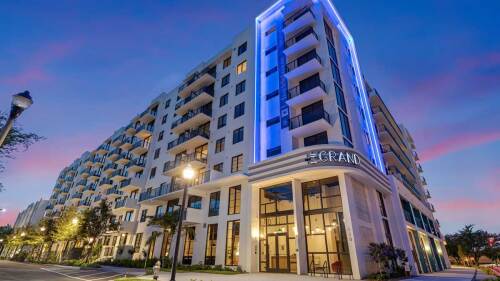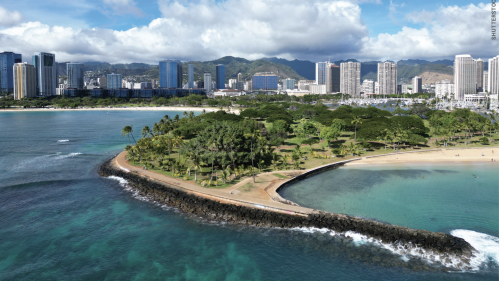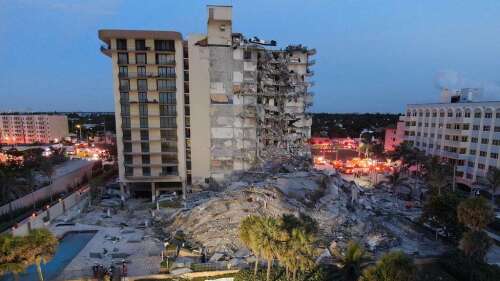Southeast (U.S.)
Southeast (U.S.)
Now a partner at Lexicon Strategies, Benjamin has spent over two decades at the intersection of land-use policy, infrastructure, large-scale redevelopment, and affordable housing. Her leadership experience includes serving as CEO of Atlanta Habitat for Humanity, chairing ULI Atlanta, and working within the mayor’s office.
Few properties in South Florida, or ones well beyond the area, embody vision and resilience quite like Pier Sixty-Six. With its unmistakable spire-crowned tower, set along Fort Lauderdale’s storied Intracoastal Waterway, the landmark has defined the city’s skyline for more than half a century. As a multi-billion-dollar redevelopment of this 32 acre (13 ha) waterfront is now complete, Pier Sixty-Six stands as a model for how iconic real estate assets can be reborn, honoring their history while shaping the next century of urban waterfront development.
The recent ULI Carolinas Conference in Charleston offered a glimpse into groundbreaking projects transforming the urban landscapes of North and South Carolina, with developers delivering rapid-fire presentations during the high-energy Crane Watch session. Each presenter shared the vision, challenges, and impacts their projects promise for communities across the Carolinas.
“ULI members in San Antonio understand the precariousness of their city’s housing crisis,” says Javier Paredes, principal at StudioMassivo and ULI San Antonio member leader. “They [also] recognize the power of aligning housing with transit to create greater housing stability.” In response to San Antonio’s housing crisis, ULI San Antonio members and staff applied to participate in a local technical assistance grant program from ULI’s Homeless to Housed (H2H) initiative.
In Lafayette, Louisiana, homelessness and the lack of affordable housing are creating strain, prompting NIMBYism among community members and leaving civic leaders uncertain of a clear path forward. Understanding this challenge and the tension it can create throughout a city, ULI members gathered community members and leaders to dig into the difficult challenge of housing the city’s unhoused and most vulnerable residents. Supported by the ULI Homeless to Housed (H2H) grant initiative, Catholic Charities of Acadiana in Lafayette and ULI Louisiana gathered more than 300 residents for a series of community workshops to better understand the challenge and to outline pathways toward more deeply affordable housing and services for people most in need.
Increasingly, such disasters as storms, wildfires, pandemics, and flooding are spurring cities across the United States to prioritize resiliency. Coastal communities throughout Florida know the urgency firsthand. From the Gulf of Mexico to the Atlantic Ocean, many Florida communities were isolated in 2024 when hurricanes and other weather-related events closed roads and cut off power. Our most vulnerable populations took an especially hard hit. Planners, academics, and community members are rethinking how to elevate their response and help communities become more resilient. Could one answer be on four wheels and a chassis?
Hurricanes damage and disrupt communities, properties, and economies in various ways, whether direct, indirect, or both. Translating these impacts into credit risk and other financial implications can be complex. However, a range of tools and analyses enables lenders, investors, and developers to pre-emptively anticipate hurricane damage when a storm approaches, as well as to adjust long-term strategy to mitigate risks and seize opportunities over time.
The Institute’s Terwilliger Center for Housing has selected the state of Florida’s ‘Live Local Act’ as the winner of the 2024 ULI Robert C. Larson Housing Policy Leadership Award
Surge: Coastal Resilience and Real Estate, a ULI research report, documents the challenges associated with coastal hazards such as sea level rise, coastal storms, flooding, erosion, and subsidence, and provides best practices for real estate and land use professionals, as well as public officials, to address them.
A one-two punch is hitting condo owners and associations in Florida, forcing some to sell to cash buyers at massive discounts or risk foreclosure. The setback could have national implications.



